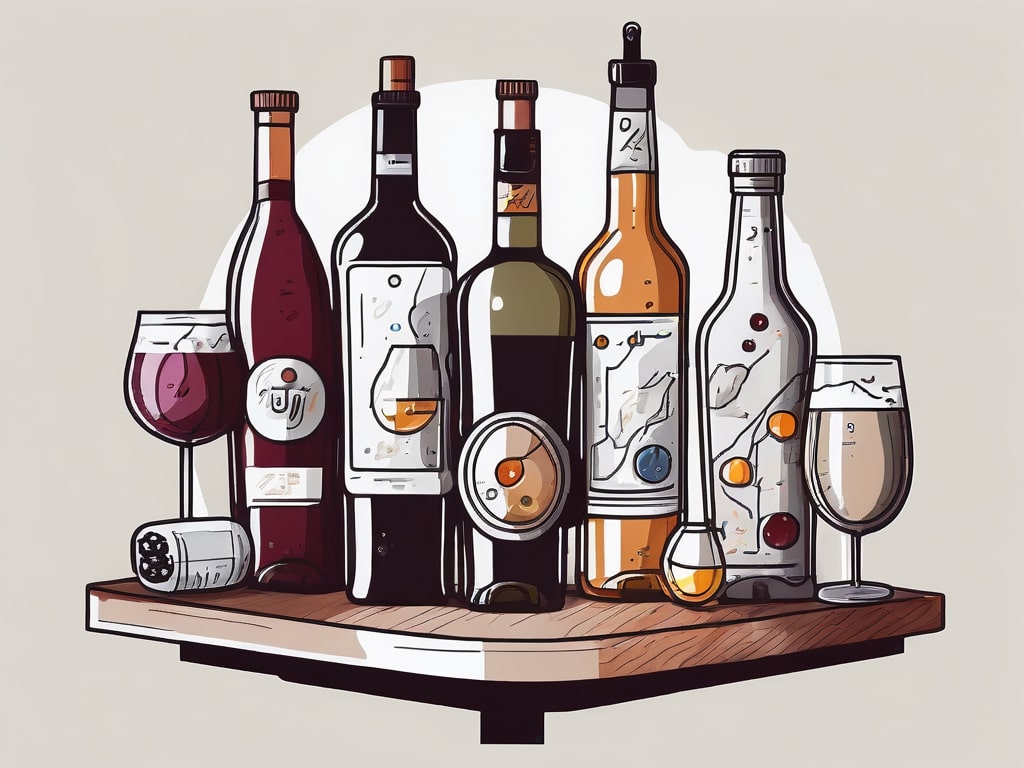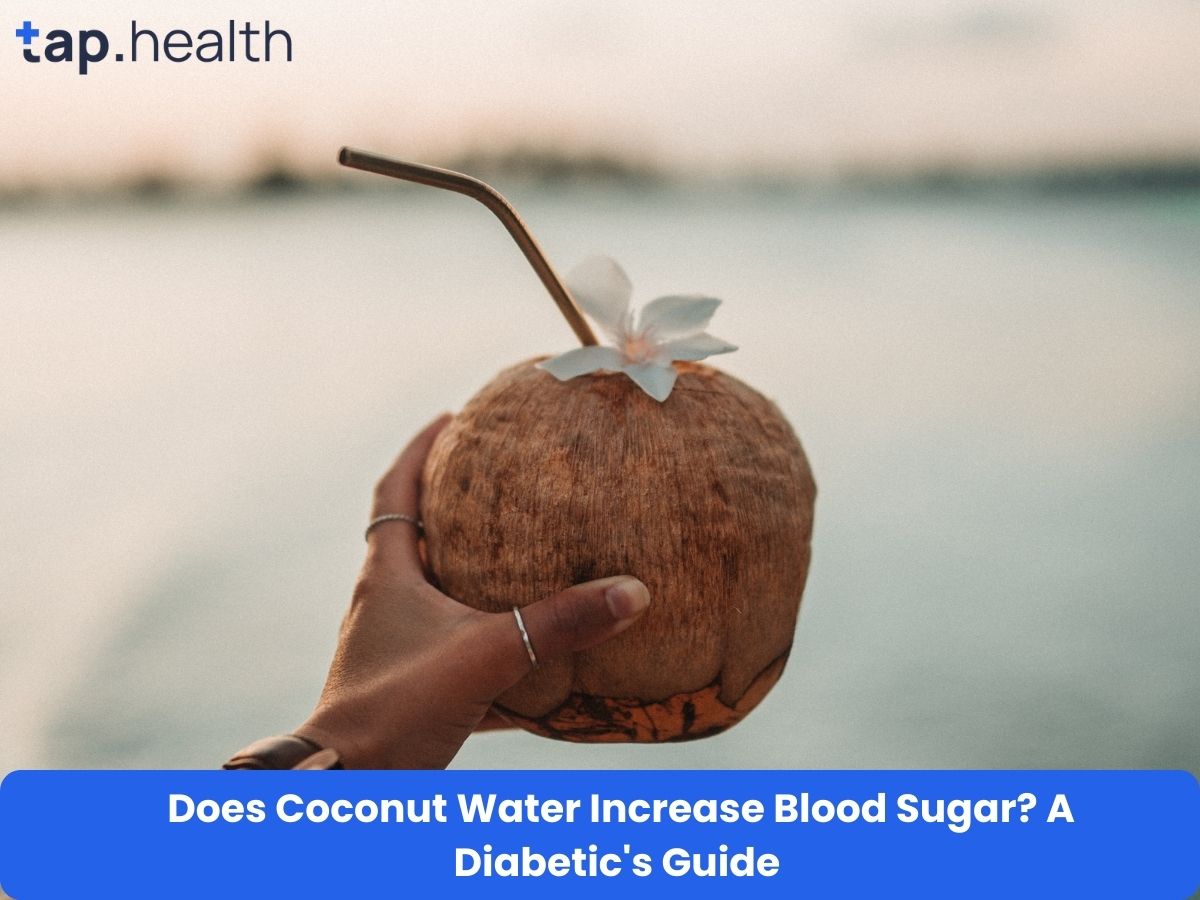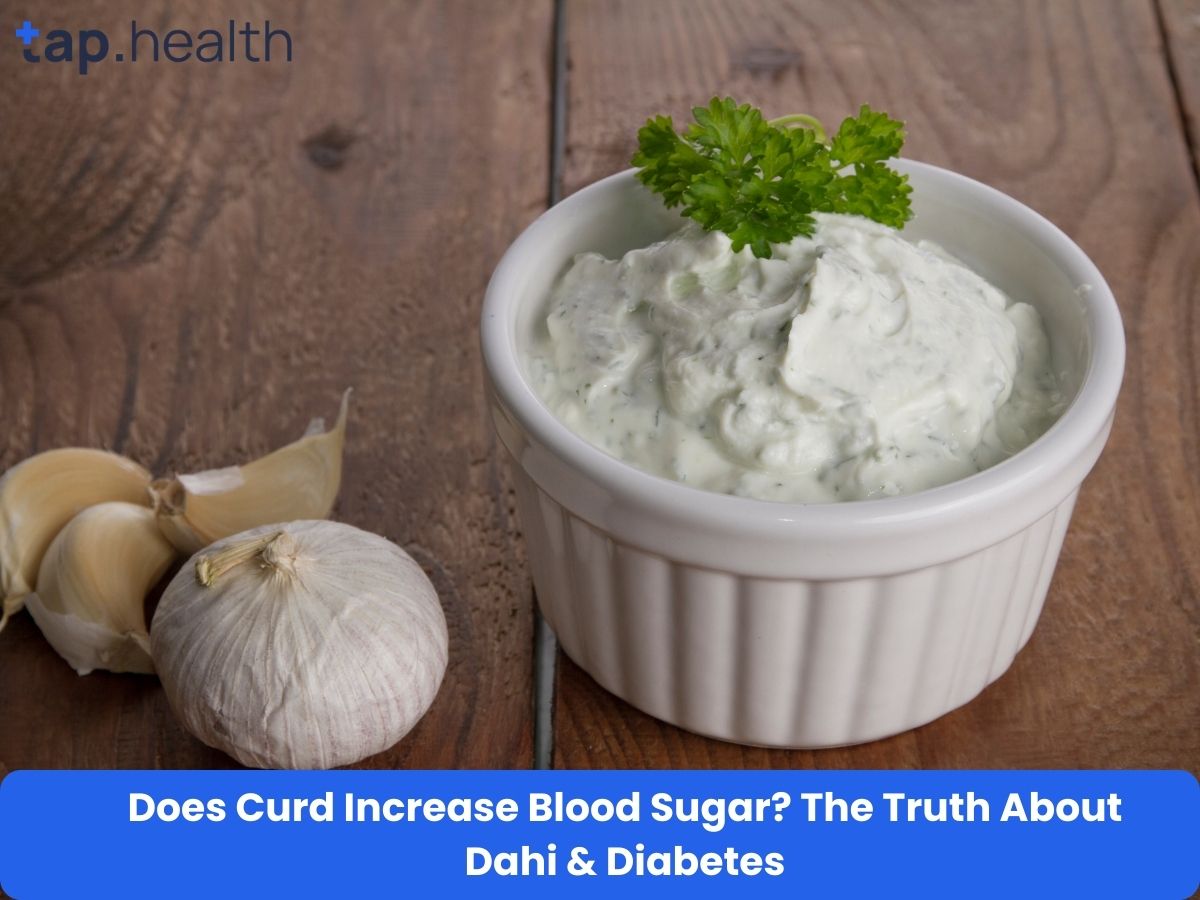Alcohol consumption is a topic of concern for individuals with type 2 diabetes. This chronic condition requires careful management of blood sugar levels to prevent complications. Many people wonder whether it is safe for individuals with type 2 diabetes to consume alcohol, and if so, what types and amounts are acceptable. In this article, we will explore the relationship between alcohol and type 2 diabetes, the effects of alcohol on individuals with this condition, the potential benefits and side effects, and strategies for incorporating alcohol into a diabetic-friendly diet. We will also touch on the importance of consulting healthcare providers for personalized advice on alcohol consumption.
Understanding the Link Between Alcohol and Type 2 Diabetes
Before delving into the specifics of alcohol and type 2 diabetes, it is important to understand the link between the two. Type 2 diabetes is characterized by insulin resistance, meaning the body’s cells do not effectively respond to insulin. Alcohol consumption can further impair insulin sensitivity, leading to difficulties in blood sugar regulation. Additionally, alcoholic beverages often contain high amounts of carbohydrates and calories, both of which can hurt blood sugar levels. It is crucial to manage alcohol intake carefully to maintain stable blood sugar control.
Moreover, the impact of alcohol on type 2 diabetes can vary depending on the type and quantity of alcohol consumed. For example, moderate alcohol consumption, such as a glass of red wine with dinner, has been associated with potential health benefits, including improved heart health. However, excessive alcohol consumption, especially binge drinking, can significantly increase the risk of developing type 2 diabetes and exacerbate existing diabetes symptoms. Individuals with diabetes need to consult with their healthcare providers to determine safe and appropriate levels of alcohol consumption.
Furthermore, the timing of alcohol consumption can also play a role in its effects on blood sugar levels. Drinking alcohol on an empty stomach can cause blood sugar levels to drop rapidly, leading to hypoglycemia. Conversely, consuming alcohol with a meal that includes carbohydrates and proteins can help slow down the absorption of alcohol and minimize its impact on blood sugar levels. Understanding these nuances and making informed choices about alcohol consumption are key components of effectively managing type 2 diabetes.
How Alcohol Affects People With Type 2 Diabetes
Alcohol affects people with type 2 diabetes differently than those without the condition. When consumed in moderation, alcohol can have both positive and negative effects on individuals with this chronic illness. Moderate alcohol consumption has been associated with increased insulin sensitivity, potentially improving blood sugar control. On the other hand, excessive alcohol intake can lead to hypoglycemia, or low blood sugar, a potentially dangerous condition for individuals with diabetes. Moreover, alcohol consumption can contribute to weight gain, which can further exacerbate insulin resistance.
Individuals with type 2 diabetes need to be mindful of their alcohol consumption and its potential impact on their health. While some studies suggest that moderate alcohol consumption may have cardiovascular benefits for people with diabetes, it’s crucial to balance these potential benefits with the risks involved. Alcohol can also interact with diabetes medications, affecting their efficacy and potentially leading to adverse effects. Therefore, individuals with type 2 diabetes should consult with their healthcare providers to determine the safest approach to alcohol consumption based on their specific health needs.
Furthermore, the type of alcohol consumed can also play a role in how it affects blood sugar levels in individuals with type 2 diabetes. For example, sugary mixed drinks or cocktails can cause significant spikes in blood sugar, while light beer or dry wines may have a lesser impact. Understanding the glycemic index of different alcoholic beverages can help individuals with diabetes make informed choices about what and how much to drink. Monitoring blood sugar levels before and after consuming alcohol can also provide valuable insights into how each individual responds to alcohol and guide future consumption decisions.
Benefits of Alcohol Type 2 Diabetes?
While excessive alcohol consumption poses risks for individuals with type 2 diabetes, moderate alcohol intake may offer some potential benefits. Some studies have suggested that moderate alcohol consumption, particularly in the form of red wine, may have cardioprotective effects. It is important to note that these benefits are not exclusive to individuals with diabetes and should not be a primary reason for alcohol consumption. Other lifestyle modifications, such as a healthy diet and regular exercise, are more effective in managing diabetes and protecting cardiovascular health.
Red wine, in particular, contains antioxidants such as resveratrol, which have been linked to various health benefits, including improved heart health and reduced inflammation. However, it is essential to consume alcohol in moderation, as excessive intake can lead to a range of health issues, including liver damage and increased risk of certain cancers. Additionally, alcohol can interact with diabetes medications, affecting blood sugar levels and overall health.
When considering the potential benefits of alcohol consumption for individuals with type 2 diabetes, it is crucial to consult with a healthcare provider to determine the most appropriate and safe approach. Personalized medical advice can help individuals make informed decisions about their lifestyle choices and diabetes management strategies.
Side Effects of Alcohol Type 2 Diabetes
Consuming alcohol can have various side effects for individuals with type 2 diabetes. Firstly, it can lead to fluctuations in blood sugar levels, making it challenging to maintain stable control. Excessive alcohol intake can also impair judgment and decision-making abilities, potentially leading to poor food choices and overeating. Additionally, alcohol can interfere with certain medications commonly used to manage diabetes, including oral hypoglycemic agents and insulin. It is crucial to be aware of these potential side effects and take appropriate precautions when consuming alcohol.
Moreover, alcohol consumption can also contribute to weight gain, which is a significant concern for individuals with type 2 diabetes. Alcoholic beverages are often high in calories and low in nutrients, leading to an increased risk of obesity and related complications. Excess weight can further exacerbate insulin resistance, making it more challenging to control blood sugar levels effectively. Therefore, individuals with type 2 diabetes should be mindful of their alcohol intake to prevent unwanted weight gain and its detrimental effects on their overall health.
Furthermore, chronic alcohol consumption can have long-term effects on the liver, especially when combined with the metabolic challenges of type 2 diabetes. The liver plays a crucial role in regulating blood sugar levels by producing and releasing glucose as needed. Excessive alcohol consumption can disrupt this delicate balance, leading to liver damage and impaired glucose metabolism. This can complicate the management of type 2 diabetes and increase the risk of developing serious liver conditions, emphasizing the importance of moderation and regular monitoring for individuals with diabetes who choose to consume alcohol.
What Type of Alcohol Can Diabetic Drink?
When considering which types of alcohol are suitable for individuals with type 2 diabetes, it is essential to prioritize moderation and select options that have a minimal impact on blood sugar levels. Generally, clear alcohols, such as vodka, gin, and tequila, are preferable due to their lower carbohydrate content. However, it is vital to avoid sugary mixers and opt for sugar-free alternatives instead. Light beer and dry wines are also relatively low in carbohydrates, making them reasonable choices for individuals with diabetes. It is crucial to monitor blood sugar levels closely after consuming alcohol and make necessary adjustments to medication or insulin doses.
Moreover, it’s important to note that alcohol can affect individuals with diabetes differently. While moderate alcohol consumption may not significantly impact blood sugar levels for some, others may experience fluctuations that require careful management. Factors such as individual tolerance, overall health, and medication regimen can all play a role in how alcohol influences blood glucose levels.
Additionally, when enjoying alcoholic beverages, individuals with diabetes should consume them alongside a meal or snack containing protein and healthy fats. This can help slow down the absorption of alcohol into the bloodstream and mitigate potential spikes or drops in blood sugar levels. It’s also wise to stay well-hydrated and avoid excessive drinking, as dehydration can exacerbate the effects of alcohol and lead to further complications for individuals managing diabetes.
Strategies for Incorporating Alcohol into a Diabetic-Friendly Diet
Planning and moderation are key when incorporating alcohol into a diabetic-friendly diet. It is crucial to establish an individualized approach in consultation with a healthcare provider. Some strategies for safely enjoying alcohol include:
- Setting limits on the number of drinks consumed in a single sitting
- Drinking alcohol with meals rather than on an empty stomach
- Choosing low-carbohydrate and sugar-free mixers
- Keeping hydrated by alternating alcoholic beverages with water
- Being mindful of portion sizes and avoiding binge drinking
Moreover, it’s important to consider the type of alcohol being consumed. Opting for drinks with lower alcohol content, such as light beer or wine, can be a better choice for managing blood sugar levels than high-proof spirits. Light beer typically has fewer carbohydrates and calories than regular beer, making it a more diabetes-friendly option. Wine, especially red wine, contains antioxidants like resveratrol, which may benefit heart health when consumed in moderation.
Another aspect to keep in mind is the timing of alcohol consumption. Individuals with diabetes should monitor their blood sugar levels closely before, during, and after drinking alcohol. Alcohol can cause hypoglycemia, especially if consumed on an empty stomach or in large quantities. By regularly checking blood sugar levels and having a snack if needed, individuals can help prevent dangerous drops or spikes in blood sugar levels while enjoying an occasional drink.
Seeking Professional Advice: Consulting a Healthcare Provider About Alcohol Consumption
Due to the individualized nature of diabetes management, it is highly recommended to seek professional advice from a healthcare provider regarding alcohol consumption. Healthcare providers can provide personalized guidance based on an individual’s specific circumstances, taking into account factors such as overall health, current medications, and blood sugar control. Consulting a healthcare provider offers the opportunity to discuss alcohol intake limits, potential risks, and additional precautions that may need to be taken to ensure optimal diabetes management.
When discussing alcohol consumption with a healthcare provider, it is important to be open and honest about your habits. This transparency allows the healthcare provider to make informed recommendations tailored to your needs. Additionally, healthcare providers can offer valuable insights into how alcohol may affect blood sugar levels, the importance of monitoring consumption, and strategies for managing alcohol intake while maintaining diabetes control.
Furthermore, healthcare providers can help individuals navigate social situations where alcohol is present, offering tips on making healthier choices and managing peer pressure. They can also address any concerns or questions regarding the interaction between alcohol and diabetes medications, ensuring that individuals are well-informed about potential risks and side effects. By seeking guidance from a healthcare provider, individuals can empower themselves to make informed decisions about alcohol consumption and prioritize their overall health and well-being.
FAQs on Is Alcohol Good for Diabetes Type 2?
1. Can individuals with type 2 diabetes drink alcohol?
Yes, individuals with type 2 diabetes can consume alcohol in moderation after consulting with a healthcare provider.
2. How much alcohol is considered moderate consumption?
Moderate alcohol consumption is generally defined as up to one drink per day for women and up to two drinks per day for men.
3. Can excessive alcohol intake lead to high blood sugar levels?
Yes, excessive alcohol intake can cause high blood sugar levels. It is essential to monitor blood sugar closely and adjust medication or insulin doses.
4. Which types of alcohol are best for individuals with type 2 diabetes?
Clear alcohols such as vodka, gin, and tequila, as well as light beer and dry wines, are generally better choices for individuals with diabetes due to their lower carbohydrate content.



